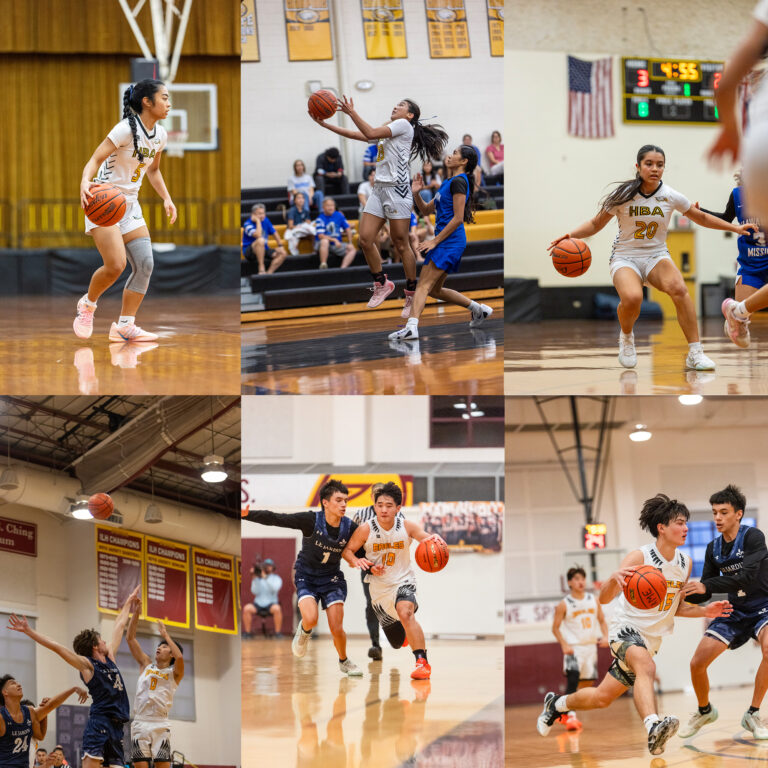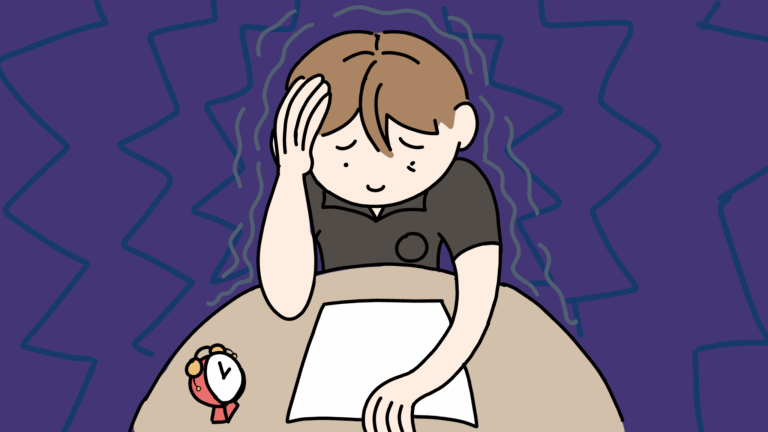Happy, confident, relaxed, energetic, and determined. These are a few words chosen by HBA high schoolers to describe how they want to feel throughout the school day.
This fall, high and middle school homerooms were tasked with coming up with homeroom charters to state how they want to feel at school.
Homeroom charters are part of a Social and Emotional Learning (SEL) initiative at HBA, which is being led by Director of Counseling Danford Chang. “The school is trying to focus on social and emotional learning, which is how to better recognize, understand, label, express, and regulate our emotions,” he said. To facilitate this, Chang and other administrators researched SEL programs that could be integrated into the school curriculum. They discovered the Yale RULER program, an “evidence-based approach for integrating emotional learning into schools.” RULER stands for the five key skills of emotional intelligence: Recognizing, Understanding, Labeling, Expressing, and Regulating. The group was impressed by how the program was supported by “hard science” and developed by the Yale Center for Emotional Intelligence. Chang said, “The homeroom charter is the first tool for the Yale RULER, then as the year goes on we’ll go through the other tools as well.”
To come up with a homeroom charter, students discussed the types of emotions they’d like to feel throughout the school day. The charter also includes statements on what actions they can take to achieve those emotions. According to Chang, the creation of a homeroom charter is a group activity that allows everyone to experience what it’s like to set up norms and to go through the process of working with others. Another goal for the homeroom charters is to give students a chance to problem-solve and brainstorm as a group because in the real world, they will have to do the same.
English teacher and junior adviser Jenn Duncklee appreciates the homeroom charters because it gives her a better idea of what her students want to do in homeroom. Her homeroom charter includes “feeling happy, intelligent, energized” and her students want to feel a sense of ohana. In order to achieve this goal, the homeroom decided to bring food on Mondays to share with everyone. Junior Abraham Fujimoto said, “The homeroom charters definitely gives us a boost in the morning when most of us might be tired, sad, neutral, or whatever.”
In freshman class advisor Ryan Frontiera’s homeroom, his students decided that they wanted their homeroom to be an inspirational, comfortable, accepting, and joyful place. Frontiera tries to create this ideal environment by welcoming students as they walk through the door, playing music, and encouraging them to finish the day off well. He said, “A positive school environment doesn’t just come about by accident; the students play a big role in shaping the culture, and I hope my homeroom can continue to build on this in a positive way.”
However, not all students are enthusiastic about the homeroom charters. Senior Malia Joy Mussell likes the idea of social and emotional learning, but also notices that it’s difficult for the majority of students to take the topic seriously. Senior Quinn Kono also doesn’t foresee students taking the homeroom charters seriously and thinks that students should learn social and emotional learning on their own rather than through organized activities like the homeroom charter.
English teacher Dawson Vorderbruegge, who is also an advisor on the SEL team, wants students to realize that they live in a world where face-to-face interactions are happening every day, and that the SEL activities are supposed to help students in those situations. For those skeptical of the homeroom charters, Vorderbruegge said, “If you want to like school more, you’ll take your chance to speak up and voice your concerns and desires in the charter process.”






